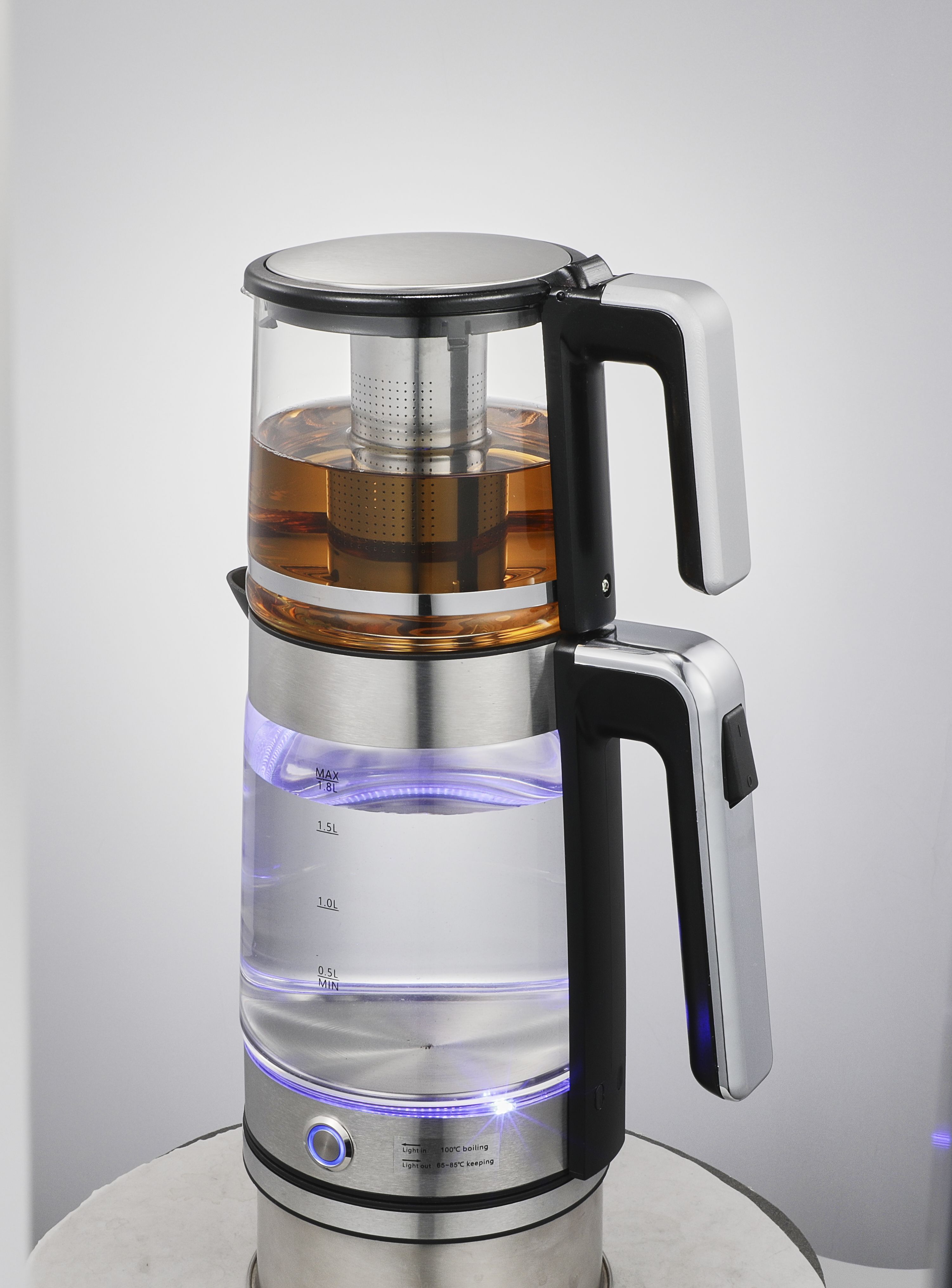The typical lifespan of an electric kettle is around 3 years, but this timeframe can vary depending on the quality of the kettle and how well it is used and maintained. Here are a few key points:
Average lifespan:
Generally speaking, a better quality electric kettle will last about 3 years.
Poor quality kettles may only last a few months.
Extreme cases:
Some high-end brands of electric kettles can last more than 3 years if they are properly cared for.
Lesser quality kettles may only last 6 months or less.
Frequency of use:
The lifespan of an electric kettle may be shortened to between 2-5 years if it is used more frequently.
Kettles that are used less frequently may last longer.
Maintenance:
Regular cleaning of the inside of the kettle for limescale can significantly extend the life of the kettle.
Take care not to overfill the kettle with water as it may overflow when boiling and damage the bottom of the kettle.
Brand and build quality:
Kettles manufactured by some well-known brands tend to offer better durability and a longer lifespan.
Different brands and models of kettles may have different warranty periods; this usually ranges from a few months to two years, with most brands having a one-year warranty.
Special factors:
Certain areas have hard water, which can accelerate the formation of limescale, which can affect the performance and lifespan of the kettle.
Improper use, such as dry boiling or leaving the kettle empty for long periods of time, can also shorten the life of the kettle.

Therefore, in order to ensure that the kettle can achieve the longest possible service life, you need to pay attention to the following points:
Choose a reputable brand and model.
Clean limescale regularly.
Avoid dry boiling and overfilling.
Keep the kettle dry when not in use.
Follow the manufacturer's instructions for proper use and care of the kettle.
 العربية
العربية Russian
Russian Spanish
Spanish German
German Korean
Korean




